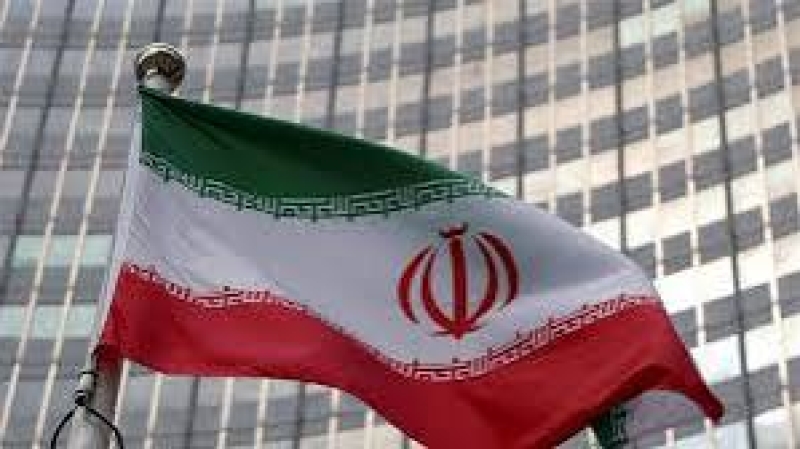- Bangladeshi Expats Cast 4.58 Lakh Postal Votes |
- IMF Forecasts Bangladesh GDP to Rebound to 4.7% in FY26 |
- Arab Allies Urge Restraint as Trump Presses Iran Talks |
- EC asks printing presses not to print election posters |
- Protect your votes, conspiracies still on: Tarique to voters |
Iran Accuses Israel of Disrupting Air Route to Lebanon

Iran's foreign ministry accused Israel on Friday of interfering with flights between Tehran and the Lebanese capital, Beirut, in a move that has raised concerns about the safety of international air travel in the region. Esmaeil Baqaei, the spokesman for Iran's foreign ministry, issued a statement condemning Israel's actions, claiming that the Israeli regime had threatened a passenger plane carrying Lebanese citizens, thereby disrupting normal flight operations to Beirut Airport.
Baqaei's statement did not provide specific details about the nature of the threat but emphasized the severity of the situation, labeling the Israeli actions as a direct disruption of the international air route between Tehran and Beirut. According to Iran's foreign ministry, this incident has led to major disruptions, with passengers facing significant delays and altered flight schedules.
The accusation follows rising tensions between Israel and Iran, particularly in the context of ongoing political and military conflicts in the Middle East. Israel has not yet responded to the specific allegations, but such disruptions are seen as part of broader geopolitical tensions between the two countries, both of which have been involved in proxy conflicts and military standoffs in the region for years.
The flight route between Tehran and Beirut is crucial for many people, including Lebanese citizens, business travelers, and Iranians, who frequently use this corridor for diplomatic, cultural, and commercial exchanges. The incident has led to calls from international aviation bodies and regional stakeholders for increased measures to ensure the safety of civilian air traffic amid ongoing regional hostilities.
Iran's accusation is the latest in a series of diplomatic spats and security concerns involving Israel's air operations and its relations with its neighbors. Both Tehran and Tel Aviv have long had strained relations, and any disruption in civilian air traffic is a matter of serious concern for both nations and the international community.
The Iranian government has urged the international community to condemn Israel’s actions and called for a review of the safety protocols governing civilian air routes in the region. Iran's foreign ministry also warned that such disruptions could set a dangerous precedent for international air travel, leading to more instability and uncertainty for passengers flying in and out of the Middle East.
As the situation continues to unfold, the Iranian authorities have expressed their commitment to protecting the safety and rights of their citizens, particularly when it comes to air travel. The outcome of this dispute may have broader implications for air traffic and diplomatic relations in the region, as well as for future international negotiations on airspace security and territorial sovereignty in the Middle East.

